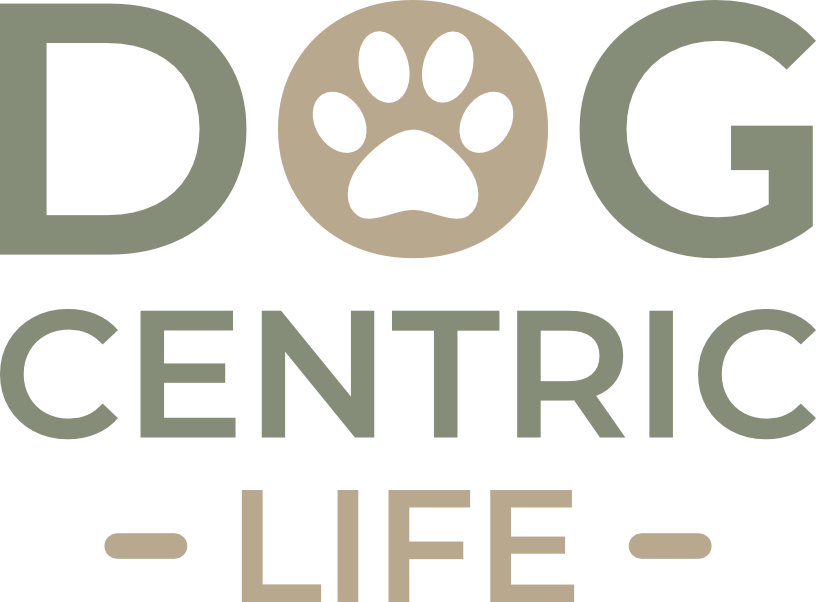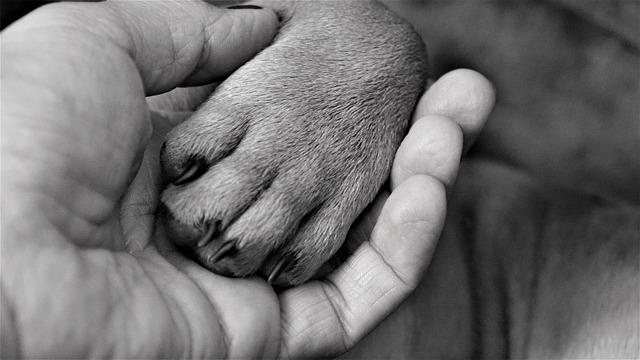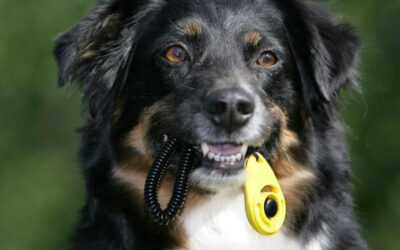Routine husbandry care plays an important role in keeping your dog happy and healthy. Included in this type of care are veterinarian and grooming visits, but also any of the handling that you do with your dog at home. Have you ever fought with your dog at bath-time… or cutting their nails… or perhaps you simply struggle, then give up, when trying to brush your dog’s teeth? Would you believe me if I told you there was a better way? Well, there is a better way and it is called cooperative care training.
WHY COOPERATIVE CARE?
Cooperative care training is a process where your dog learns not only to tolerate handling and husbandry care tasks, but become an active and willing participant. It gives your dog a choice in how the procedure progresses – and knowing they have some control reduces the stress, anxiety and fear that often accompanies this type of care.
If you have one of those dogs that finds going to the veterinarian, or the groomer, stressful… there is hope. Cooperative care training benefits everyone involved in your dog’s care… you, your dog, and the professional working with your dog.
Pet professionals that provide care for dogs who are fearful, stressed and anxious face an increased risk of being bitten. I speak from personal experience with this as prior to becoming a dog trainer I was a professional pet groomer. And yes, to answer your question, I have been bitten – though my worst bite was from a cat!
When I made the decision to become a groomer it was based solely on my love of working with animals. After I graduated I worked for a couple of big chain stores and eventually decided to start my own business. This allowed me to take more time, show more compassion and be more patient with nervous, fearful or senior dogs that needed more time. These big chains I worked for groomed dogs in an assembly-line manner and that’s just not a good fit for all dogs. I wanted something different for the dogs that I groomed… and their guardians. Now that I am a dog trainer I believe in the importance of cooperative care training.
BENEFITS OF GIVING YOUR DOG A CHOICE
Providing your dog with the opportunity to choose to participate in a procedure means they can “opt out” if they are feeling stressed or anxious. When they choose to opt out their choice should be respected. They should not be restrained or forced to undergo the procedure until they are ready to continue. When your dog is feeling ready to continue, they will signal you to “opt in” again. This gives your dog some control and allows them the opportunity to stop or take a break.
Allowing your dog choice empowers your dog. It increases their sense of security, confidence levels and their trust levels in you. Because of this your dog will be more likely to participate in husbandry care tasks – willingly – including the procedures that may be uncomfortable. Your dog is learning that they can trust you. If they choose to opt out of a procedure they know you will listen.
Watch this video of a tiger having both his teeth checked and a blood draw done. What is important to note is that the tiger is willingly participating in these procedures. If you can use cooperative care with animals such as tigers – removing force and coercion – shouldn’t we be doing the same for our dogs?
COOPERATIVE CARE IS FOR DOGS OF ALL AGES
Cooperative care training is not just for puppies or young dogs. It can, and should be, used for dogs of all ages! If you are starting with a puppy or young dog it allows you to introduce positive experiences for these tasks at an early age. This will hopefully mean husbandry care will never become a negative experience for your dog. If your dog is older, and has already developed negative associations with this care, it’s OK. Cooperative care helps to reframe husbandry care tasks and handling for dogs that have already developed sensitivities toward these procedures.
FINDING A FEAR-FREE PROFESSIONAL
In 2016, Dr. Marty Becker, DVM, founded Fear Free, an educational program – and website filled with helpful resources – which teaches and certifies veterinarians and pet professionals. This includes dog trainers, groomers, dog walkers, etc. Their techniques are based on helping to prevent and alleviate fear, anxiety and stress in the pets they care for. The number of pet professionals that are becoming Fear Free Certified is rapidly increasing. This means your opportunity to utilize these humane and compassionate care techniques in your dog’s care is increasing too. After all, it’s important your wishes concerning your dog’s care and handling are respected by those who provide care for your dog.
You can search the Fear Free directory for certified professionals in your area. You may find individual veterinarians that are certified vs. entire clinics. I recommend searching both veterinarians and clinics separately in your area. The Fear Free movement is growing! If you can’t find a professional now, check back again in the near future.
Cooperative care is not a quick fix. It takes time, patience and a degree of compassion. In the end however, this training will benefit both you and your dog… and those professionals providing care for your dog. I will be writing much more about cooperative care but if you are wanting to learn more now, I highly recommend Cooperative Care with Deb Jones.







0 Comments
Trackbacks/Pingbacks